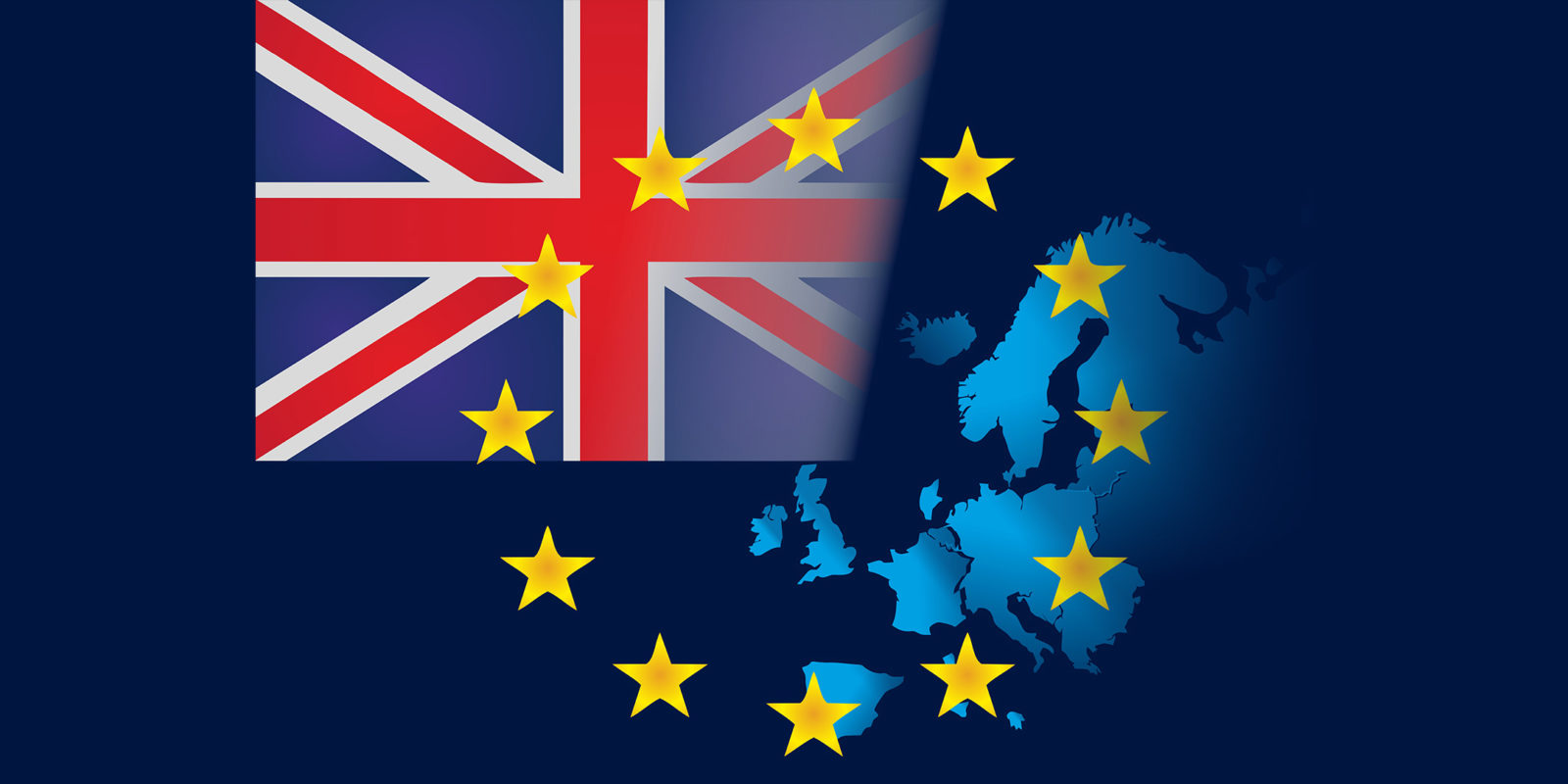Brexit will be a footnote in the history books because it is just one small part of a the break-up of the global monetary system. While Brexit has clearly been important for UK savers and will continue to be so it will be less important than what is yet to come. At the core of the failure of the global monetary system is the failure of The Euro. The plan to turn an economic union into a monetary union always acknowledged, at least in private, that a political union would then have to follow for The Euro to work. However across Europe opposition to a federal state and the death of domestic sovereignty is growing. Should any of the nineteen member states of The Euro decide not to surrender their sovereignty to the new federal system then The Euro, as currently constituted, is finished. Any such dislocation would create a credit crisis in Europe and beyond as some assets and liabilities are re-denominated in a new currency. The bigger the state to move for independence the bigger the problem- Italy has the third largest government debt market in the world! ‘
It is not just Europe that is struggling to live with the current global monetary arrangements. The President of the United States is adamant that these arrangements are unfair to his country and he wishes to take action to reduce his current account deficit. If he succeeds in that one wonders how every major country in the world- The US, Europe, Japan and China- all hope to run current account surpluses. Surpluses for all are economically impossible though, it seems, politically necessary. Unless one of the major economic blocks agrees to run larger deficits, probably entailing a major exchange rate appreciation, then a breakdown in the global monetary system is all but inevitable.
A collapse in the global monetary system does not come at a time when balance sheets are robust. The global debt to GDP ratio has reached a new all time high. While some de-gearing by developed world consumers has occurred since 2007 this has been more than offset by rising government debt globally and a private sector debt boom in the Emerging Markets. Debt defaults by emerging markets have been a common feature of our financial history. While there are many countries at risk of default today investors need to be particularly wary of Turkey where the anti-foreign rhetoric of the President is preparing the people for the time when US$393bn of foreign currency debt need not be repaid. We must never mistake the ability to repay with the willingness to repay and President Erdogan’s actions, after his constitutional referendum on Aptil 16th, will be a reminder of that to all investors in Emerging Markets.
So the breakdown of the global monetary system matters. It matters the way the failure of Lehman Brothers mattered.
by Russel Napier.
For further details on what investors should do as Brexit signals the beginning of this new crisis come along to the Investment in a Post Brexit World event on the 28th of March In Edinburgh. For more information and to buy tickets please click here.

